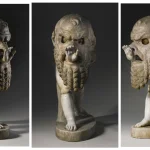Franca Viola: The Woman Who Defied an Entire Nation and Redefined Honor
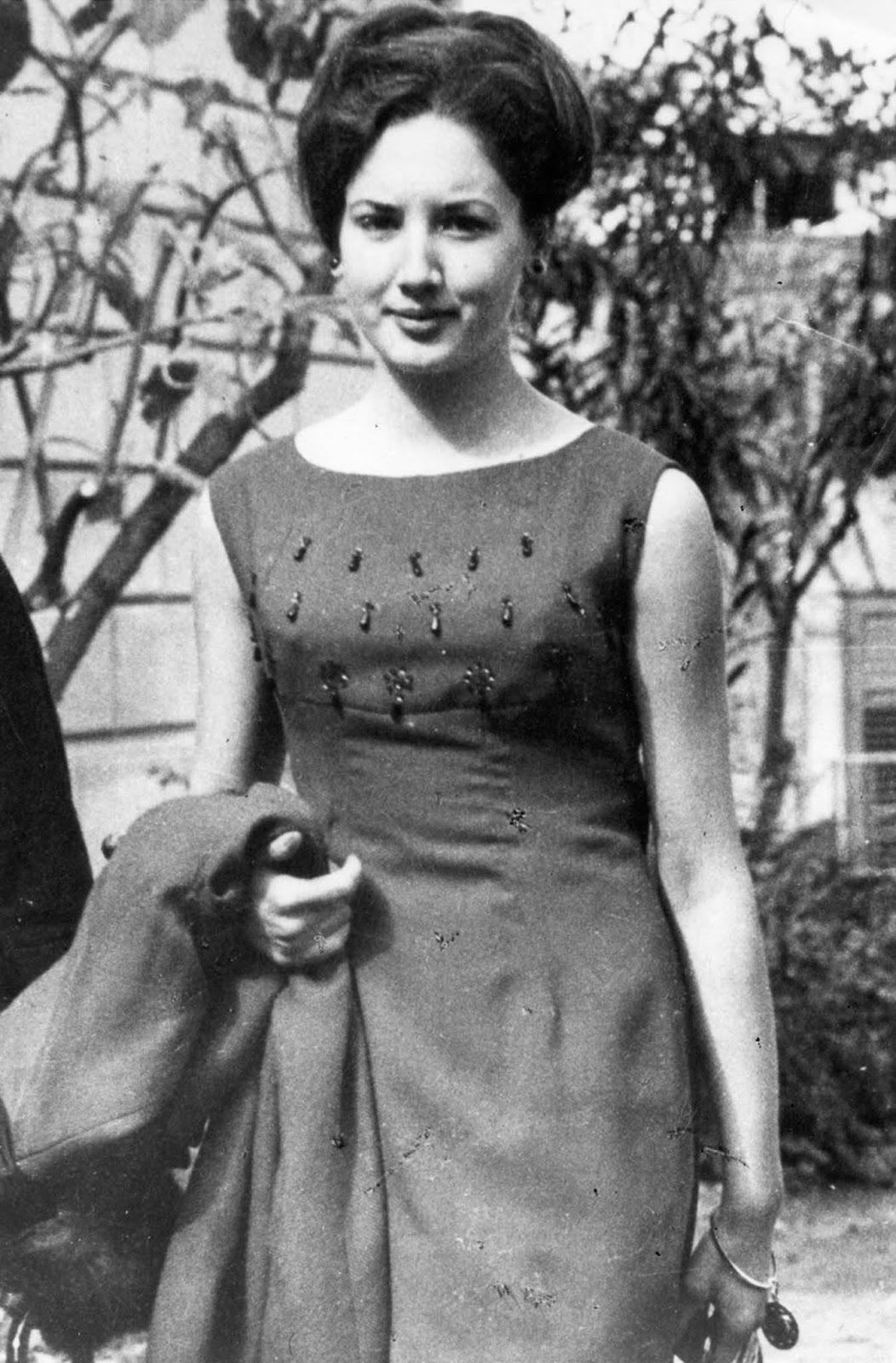
The girl who made Italy stop and listen
In the winter of 1966, all of Italy seemed to hold its breath. Across the newspapers appeared the face of a young Sicilian woman — not an actress, not a politician, but the daughter of an ordinary farmer. Yet she had done something no woman had ever dared before: she said “No” to the man who raped her.
With that one act of defiance, she forever changed what “honor” meant in her country.
Her name was Franca Viola — and her story is not one of tragedy, but of strength, courage, and dignity. It is the story of a woman who dared to stand against a cruel tradition and claim her own worth.
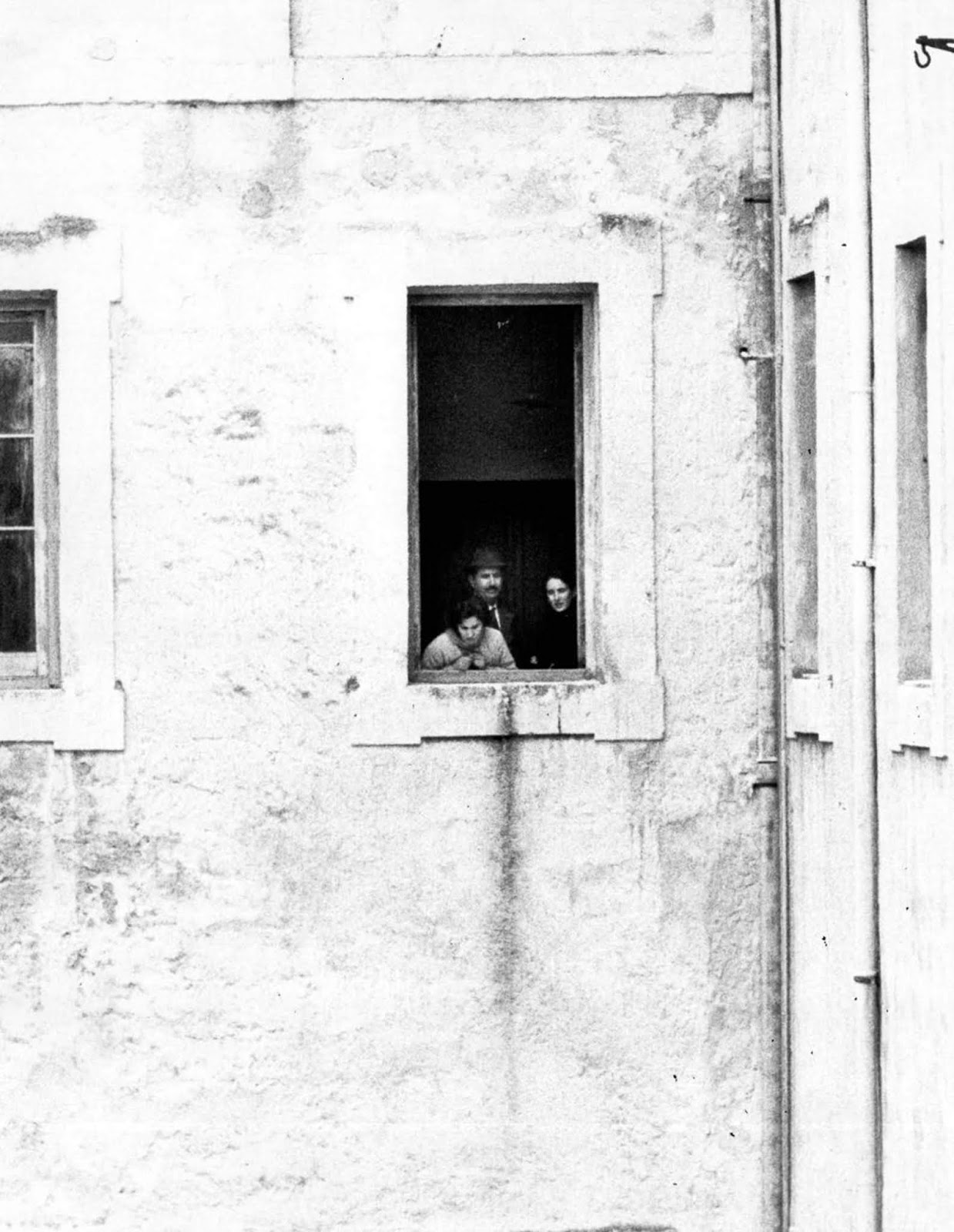
Childhood in a world ruled by honor
Franca was born and raised in Alcamo, a small, sun-drenched town in western Sicily. In this world, tradition ruled every corner of life.
A woman’s value was tied to purity, obedience, and her family’s reputation. “Honor” did not belong to her — it belonged to the men around her, to the family name, to the eyes of others.
If a woman was “dishonored,” she could be cast out by her community. And yet, the man responsible could escape punishment — as long as he agreed to marry her.
It was a world where women had no right to their own bodies, no right to their own dignity.
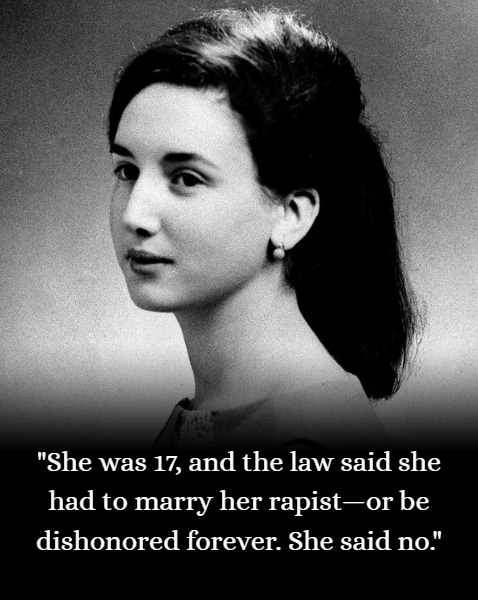
The engagement that changed everything
At fifteen, Franca was engaged to Filippo Melodia, a man eight years older than her and the nephew of a local Mafia boss. To her parents, the match seemed advantageous — a promise of stability in a society ruled by appearances.
But Franca did not love Melodia. Quiet yet strong-willed, she refused to accept a life without freedom. When Melodia was arrested for theft, her father, Bernardo Viola, immediately broke off the engagement. He would not let his daughter marry a criminal.
Humiliated, Melodia left Sicily for Germany — but his obsession with Franca never faded.
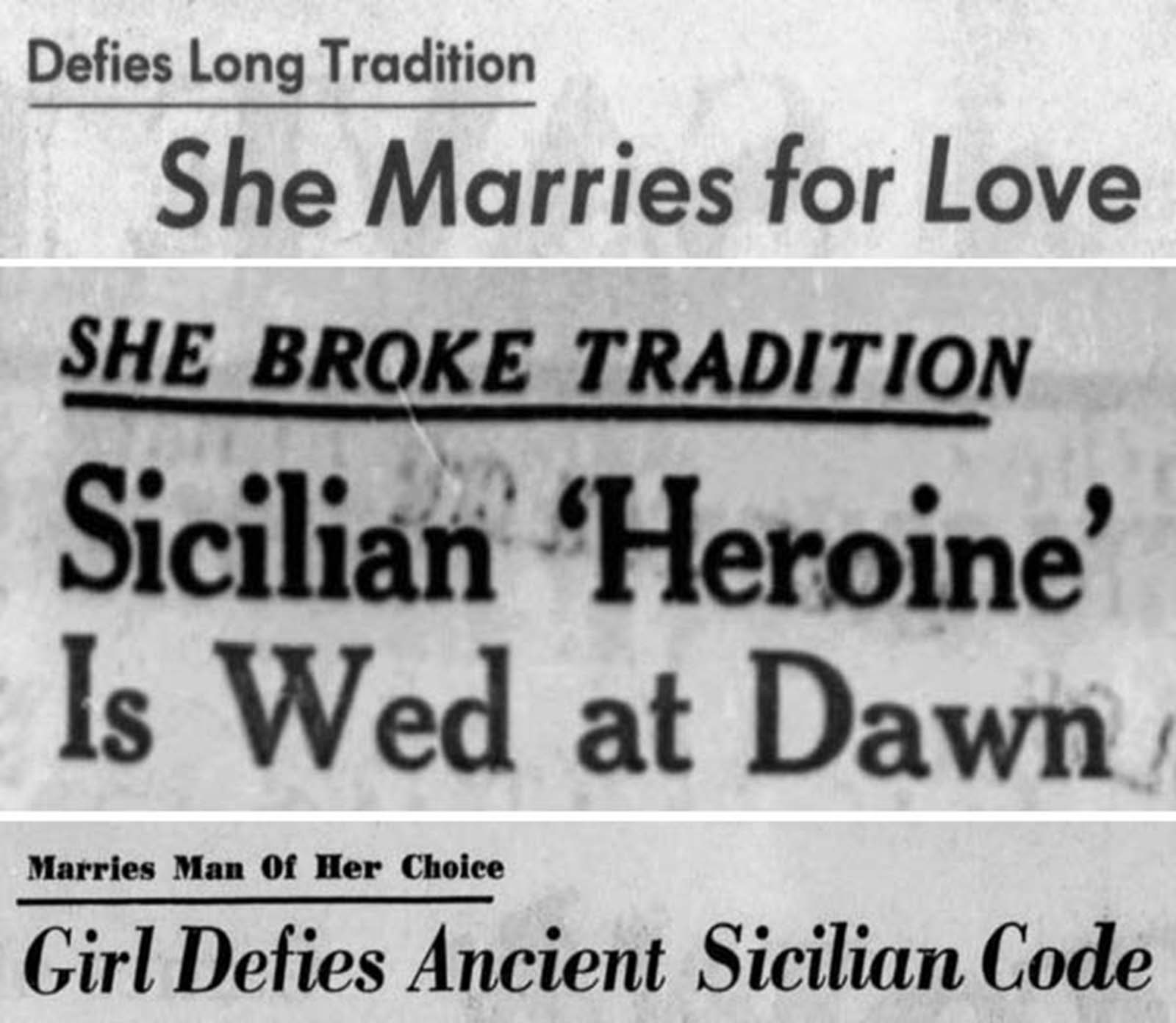
The crime on Christmas
Two years later, in 1965, Franca was seventeen, beautiful, and newly engaged to another man. But Melodia returned to Alcamo, consumed by revenge and desire.
He stalked her, sent threatening letters, and lurked near her home. The Violas lived in fear, but the police could do little. Melodia had powerful friends in the Mafia.
On the morning of December 26, 1965, while the town still celebrated Christmas, tragedy struck. Melodia and twelve armed men broke into the Viola home. They beat Franca’s mother and dragged Franca from her bed as her family screamed in horror.
Her little brother, Mariano, only eight years old, tried to hold on to her but was thrown aside. Hours later, he was found abandoned by the roadside. Franca was gone.
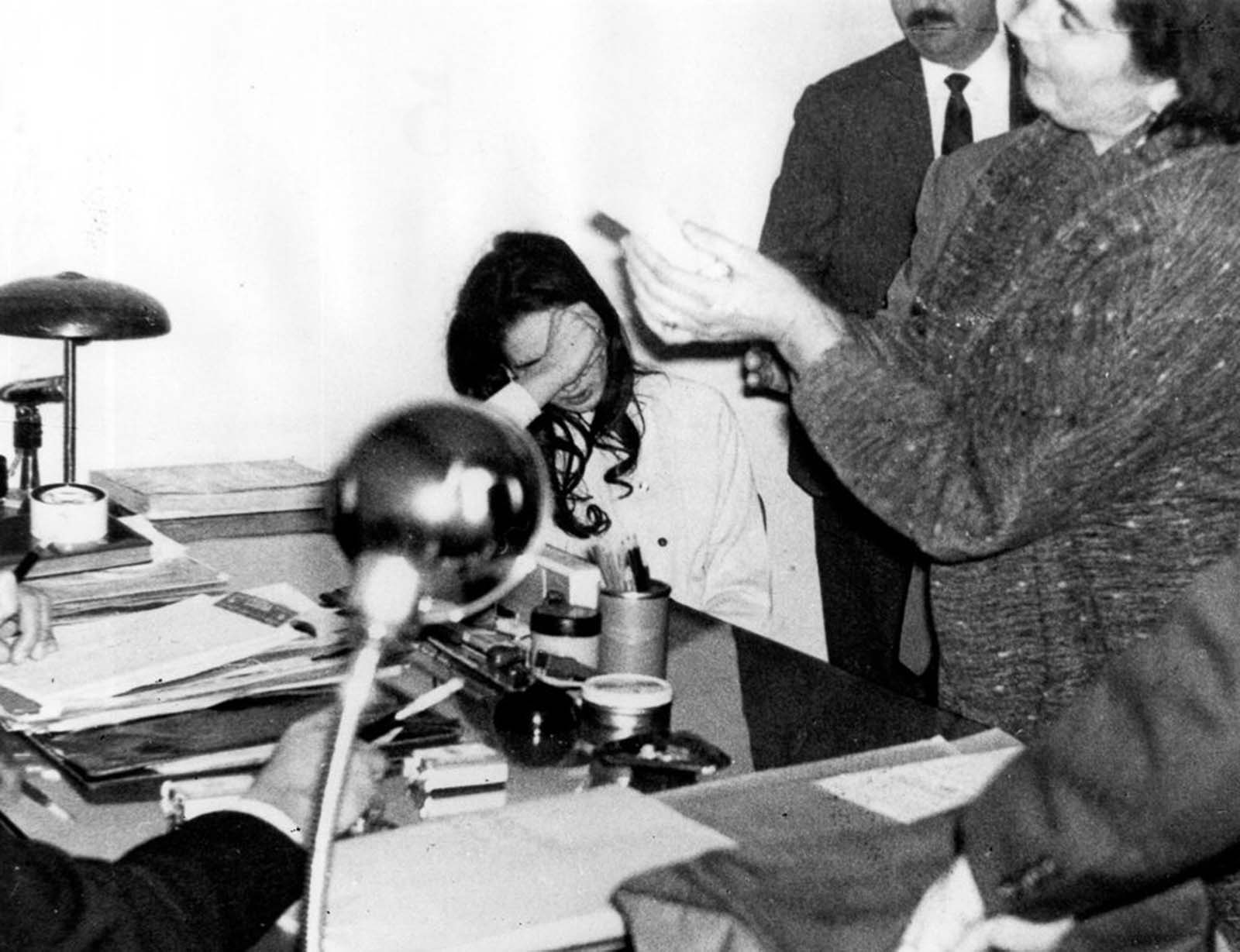
Eight days in hell
Franca was imprisoned in a farmhouse belonging to Melodia’s sister. For eight long days, she was beaten, starved, and raped repeatedly.
The men drank and laughed in the next room, while she lay curled on the floor, praying in silence.
Melodia kept repeating the same words:
“You’re mine now. You’ll marry me, and your family will have its honor back.”
But Franca stayed silent. She prayed — not for pity, but for strength.
On the eighth day, thanks to her father’s relentless search and the help of the police, she was finally found. Weak, pale, trembling — but unbroken.
Melodia expected her father to accept the so-called “reparation marriage”, the custom that would “restore” the family’s honor.
Instead, Franca stood up, looked her abuser in the eye, and said:
“I will not marry him. He kidnapped me, he hurt me — and I want justice.”
Those words shook the entire nation.
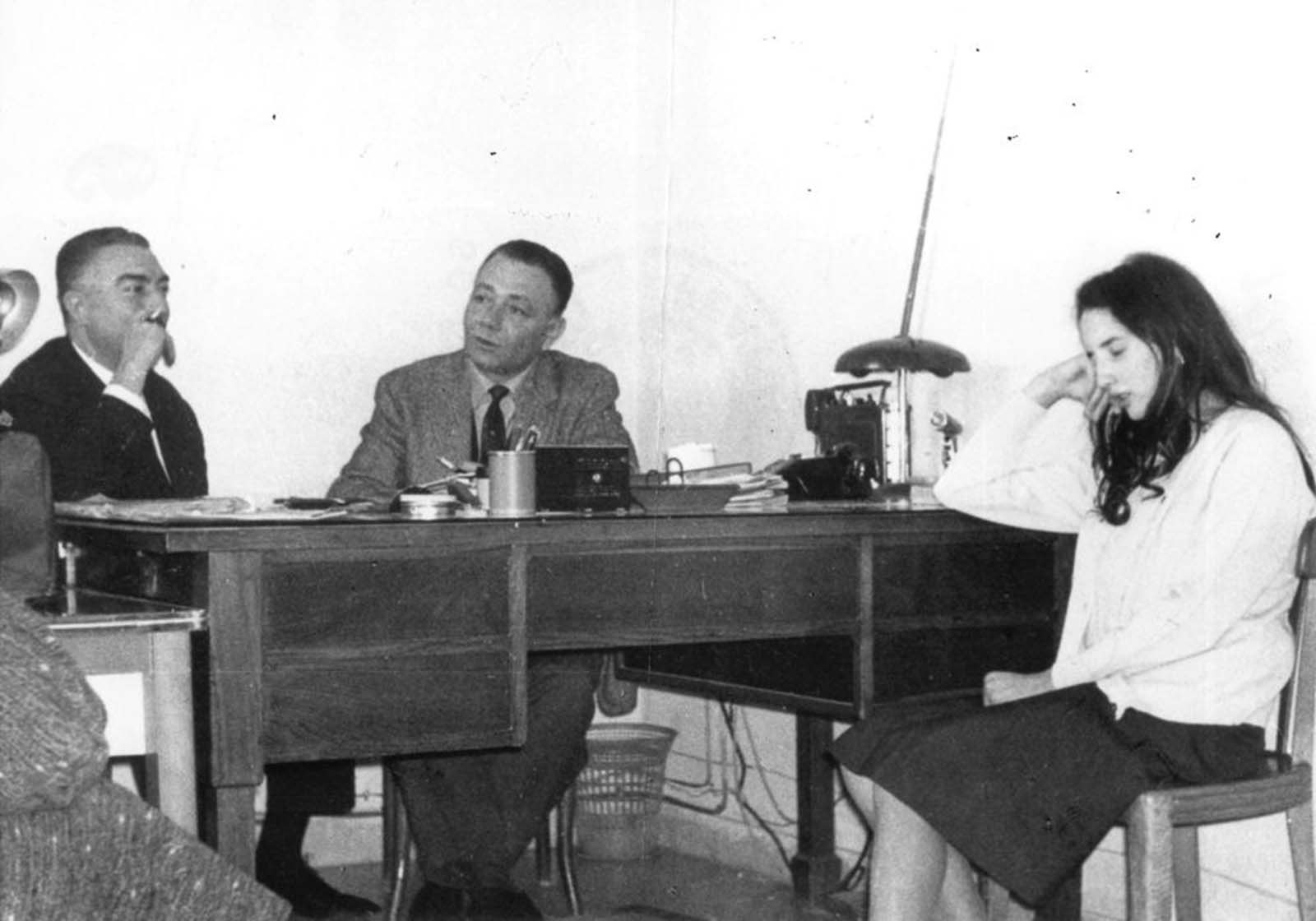
Saying “No” to an entire system
At that time, Italian law treated rape not as a crime against a woman, but as a crime against public morality. Victims were often shamed, blamed, and silenced.
The only way to “restore honor” was for the rapist to marry his victim.
So when Franca refused, she wasn’t just rejecting one man — she was defying an entire legal and cultural system.
Her family paid the price. Their vineyard was burned, their animals killed, their neighbors turned away. People called her father a fool, even a man without honor.
But Bernardo Viola stood firm:
“A woman’s honor doesn’t disappear because of what a man does to her. It disappears only when she lies.”
That single sentence became a declaration of justice and human dignity.

The trial that changed Italy
In 1966, the trial of Filippo Melodia began — and all of Italy watched. The nation was divided between admiration and outrage.
The press portrayed Franca as “pure” and “innocent,” turning her into a symbol rather than a person. But she was not a symbol — she was a survivor.
Under heavy police protection, Franca entered the courtroom. Her abuser sat across from her, smirking. Calm and steady, she described in detail the eight days of horror she endured.
For the first time in Italian history, the voice of a woman was heard — not as shame, but as truth.
Melodia was sentenced to 11 years in prison (later reduced to 10), and seven accomplices were convicted. Franca had won — not just for herself, but for every woman in Italy.
Despite her victory, the law itself did not change right away.
Article 544 of the Italian Penal Code — which allowed a rapist to erase his crime by marrying his victim — remained in effect until 1981, fifteen years after Franca’s trial.
And it wasn’t until 1996 that rape was finally recognized as a crime against the person, not a moral offense.
Melodia was released from prison in 1976, exiled from Sicily, and later shot dead in Modena in 1978 — a violent end to a violent life.
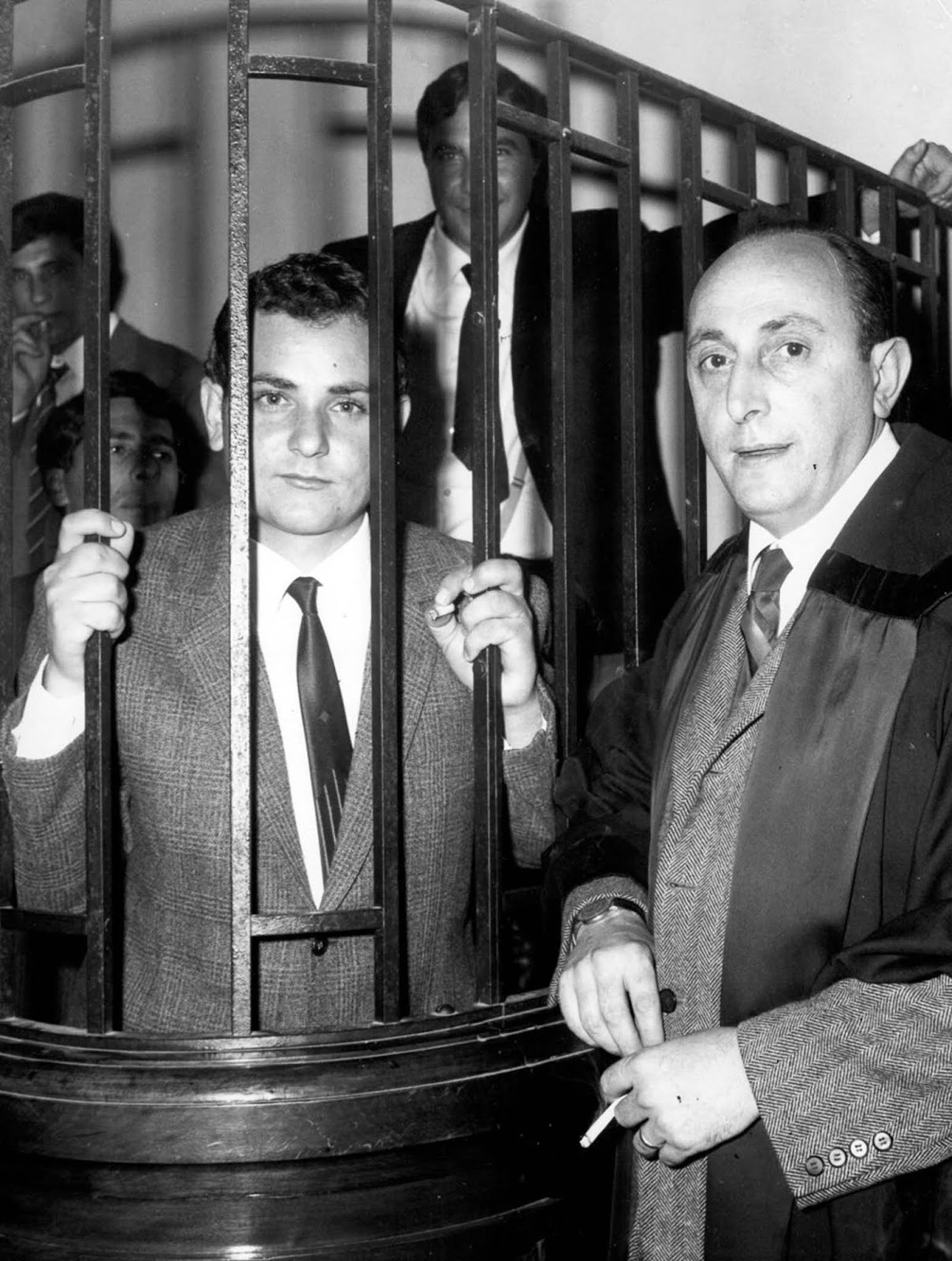
Love and a new beginning
After everything, Franca chose peace over revenge.
In 1968, she married Giuseppe Ruisi, her childhood friend who had always loved her. In a time when society labeled rape victims as “tainted,” Giuseppe’s love was an act of pure courage.
Before the wedding, he even requested a firearm license — not to seek revenge, but to protect his bride.
The couple had three children and lived quietly in Alcamo, far from the spotlight. Franca never sought fame or pity. She chose silence, dignity, and a simple life filled with love.
Though she lived humbly, Franca became a national hero.
President Giuseppe Saragat and Pope Paul VI praised her as the first Italian woman to say “No” — and to stand by it, even under immense pressure.
When asked why she refused to marry her attacker, Franca simply said:
“Because the one who should be ashamed is not me.”
Her words became a symbol of freedom, justice, and self-respect.
Her story entered Italian textbooks, inspired films, and was taught to generations as a lesson in courage and human rights.
In 2014, she was awarded the Order of Merit of the Italian Republic by President Giorgio Napolitano, for her contribution to justice and gender equality.
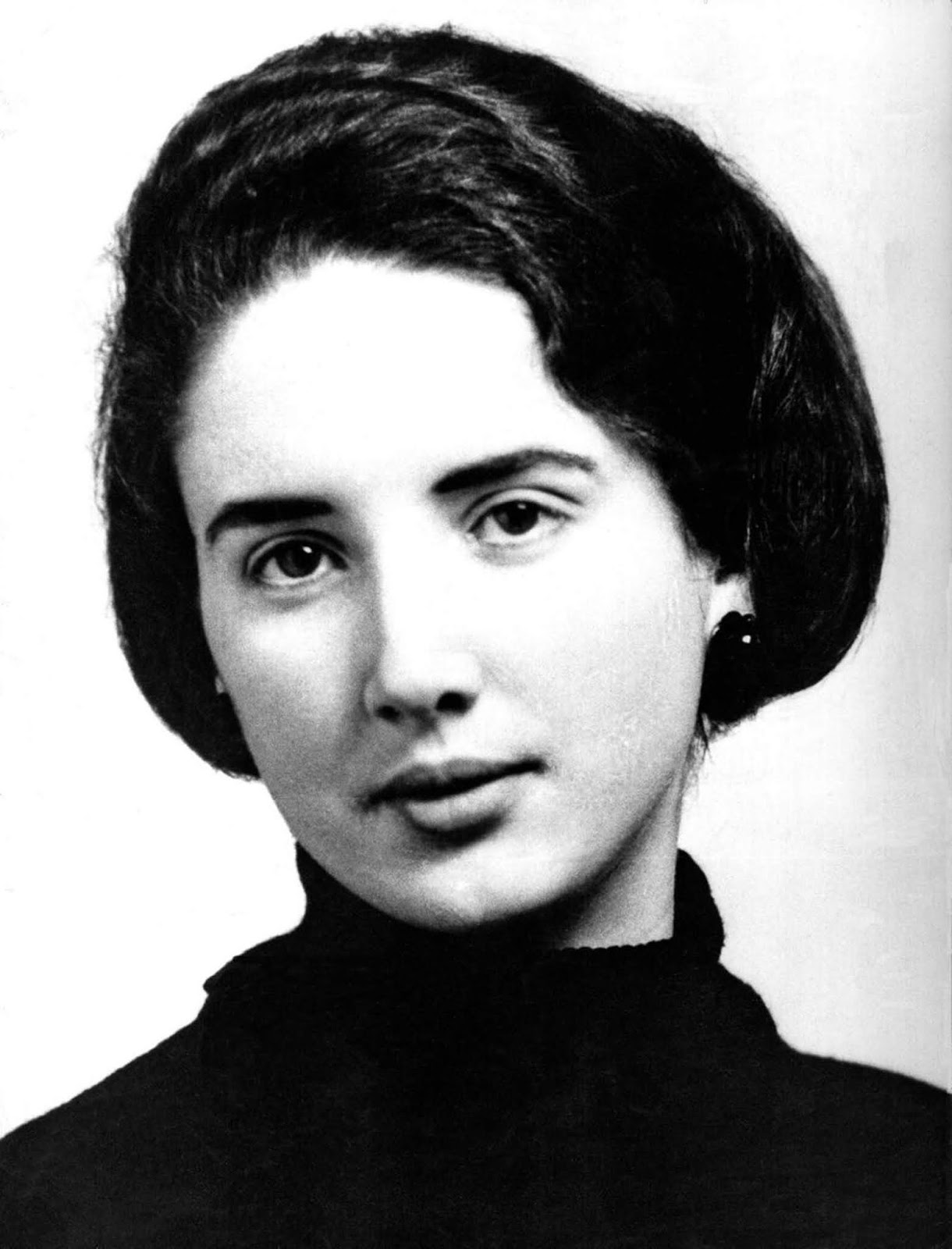
The legacy of courage
Today, Franca still lives in Alcamo with her husband, children, and grandchildren. Her face has aged, but her eyes remain calm and kind.
There is no bitterness in her voice, no hatred in her heart — only quiet strength.
Her legacy is not revenge, but dignity. She proved that a woman’s honor does not depend on others — it comes from within.
Her act — standing up, looking her abuser in the eye, and saying “No” — awakened an entire nation.
She did not set out to change history.
But history changed because of her.
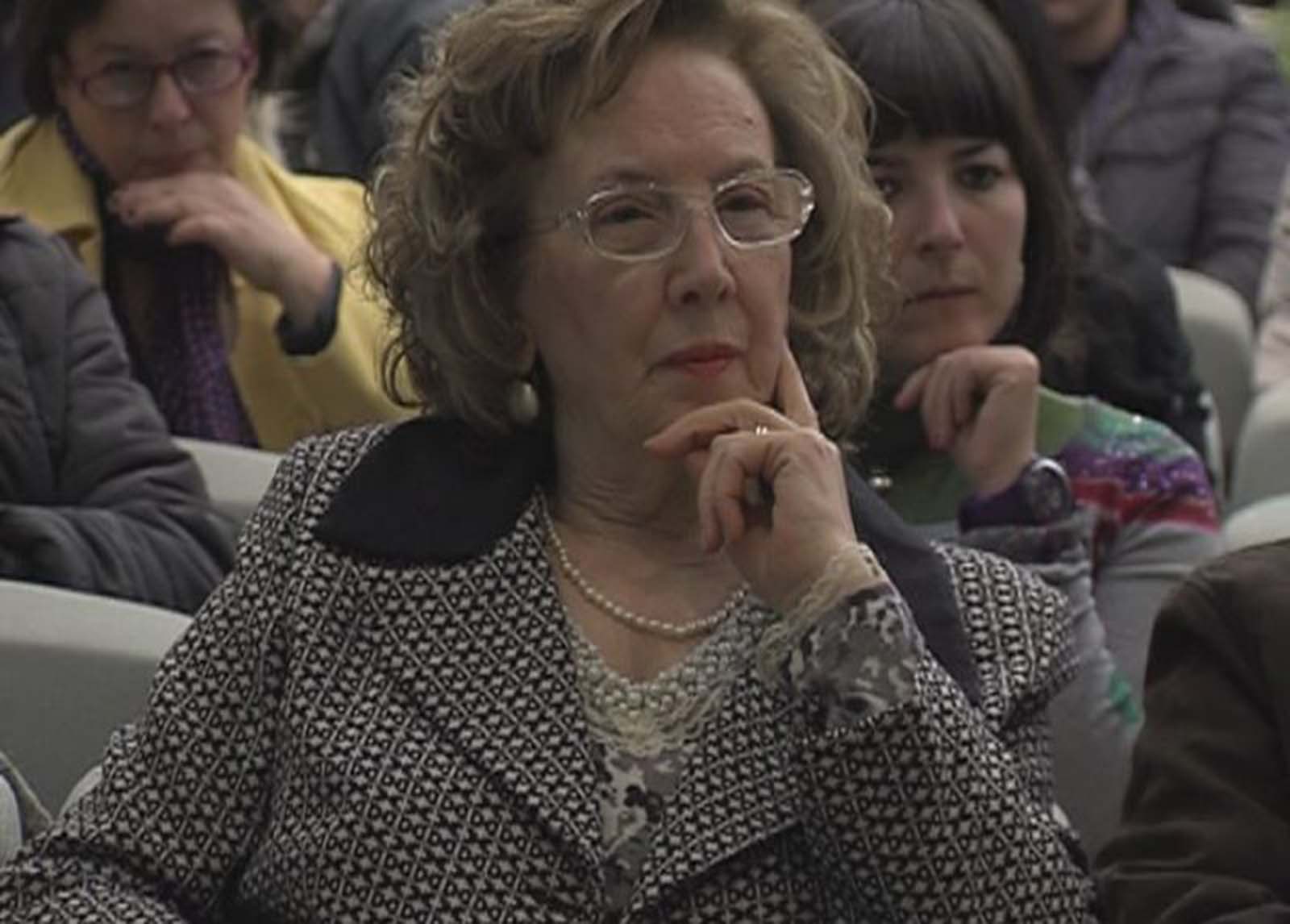
Franca Viola’s story is a powerful reminder of the strength that comes from truth and courage.
She taught the world that:
Courage is not the absence of fear.
Courage is acting despite it.
Franca Viola — the young woman from Sicily — stood in the darkness and said “No.”
And in that single moment, she spoke for millions of women who had been forced into silence.
More than half a century later, her name still echoes as a symbol of justice, pride, and resilience.
“My honor,” she once said,
“does not come from him. It comes from me.”


